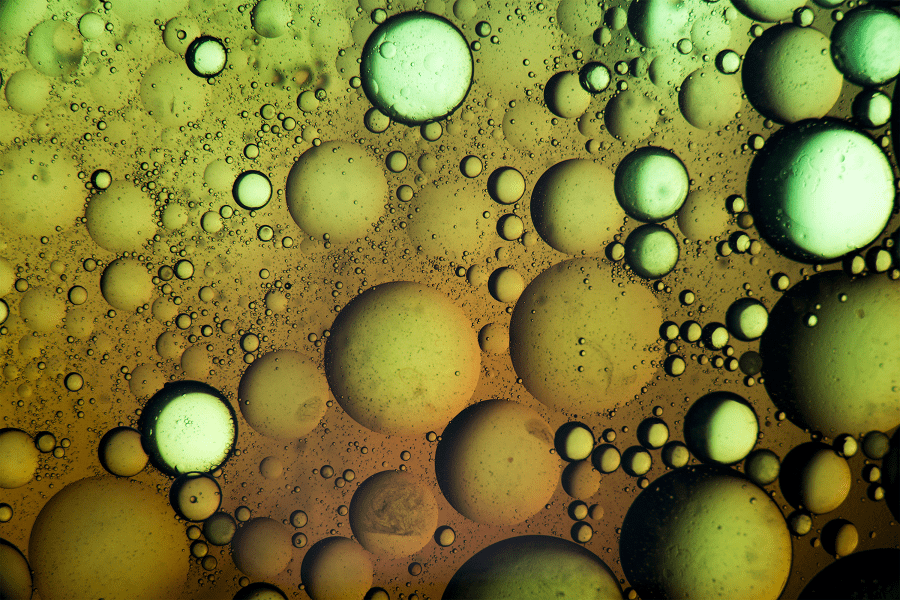If you use a solvent-based parts washer solution that you need to phase out for safety reasons, or you need to stop using it because the solution no longer fits your evolving cleaning needs, switching to an aqueous parts washer solution should be considered before you opt for another solvent-based cleaner. Below are five important benefits that using an aqueous parts washer solution commonly delivers when compared to a solvent-based parts washing solution.
- Low VOC Content
Because an aqueous parts washer solution is water-based instead of solvent-based, it typically contains the lowest amount of volatile organic compounds (VOCs) between the two types of formulations. Because VOCs can be harmful to humans and the environment, the benefit of low VOC content alone is reason enough to choose an aqueous-based parts washer cleaner.
- No Powerful Odors
Because aqueous parts cleaning solutions typically have low VOC content, they tend to be low-odor solutions that don’t cause acute ailments that are related to VOC exposure, such as watery eyes, respiratory distress, and upset stomach. Moreover, in terms of odor, an aqueous parts washer solution makes it easy to work in the area where the cleaner is applied.
- Reduced Air Pollution
As a class, aqueous-based cleaners have low VOC content, as well as low hazardous air pollutant (HAP) content, both of which make the cleaners a good choice for reducing air pollution. If your company or organization is located in a low emission zone (LEZ), using an aqueous parts washer solution can help it remain under the tight emission cap requirements.
- Easier to Automate
Because solvent is generally more reactive and volatile than water, an aqueous parts washer solution is typically easier to “drop-in” as a replacement for the previous cleaner. This is why we, in the industrial chemical industry, frequently say that aqueous cleaners are easier to “automate” than cleaners that have a solvent base. The easier a solution is to automate, the less productivity is affected during the changeover of cleaners.
- Considered “Greener” Than Solvent
Aqueous parts washer solutions are widely considered greener (i.e., in terms of the green movement) than solvent parts washer solutions. The main reasons why are mentioned above: aqueous cleaners usually have low VOC content and low HAP content by volume compared to solvent cleaners.
With that said, it’s still possible to acquire solvent-based cleaners that are environmentally preferred. However, as a class of cleaners, aqueous cleaners tend to be the most environmentally preferred, with some of the solutions even considered environmentally safe.
Contact Ecolink Today
Is an aqueous parts washer solution right for your cleaning requirements? If so, you have at least five good reasons to use an aqueous cleaner. To determine whether aqueous solutions are compatible with your parts washer — and, if so, which solution would work best — call us today at (800) 563-1305, or use the contact form on our website. We look forward to helping your company or organization select the best solutions for its business-critical cleaning needs.















